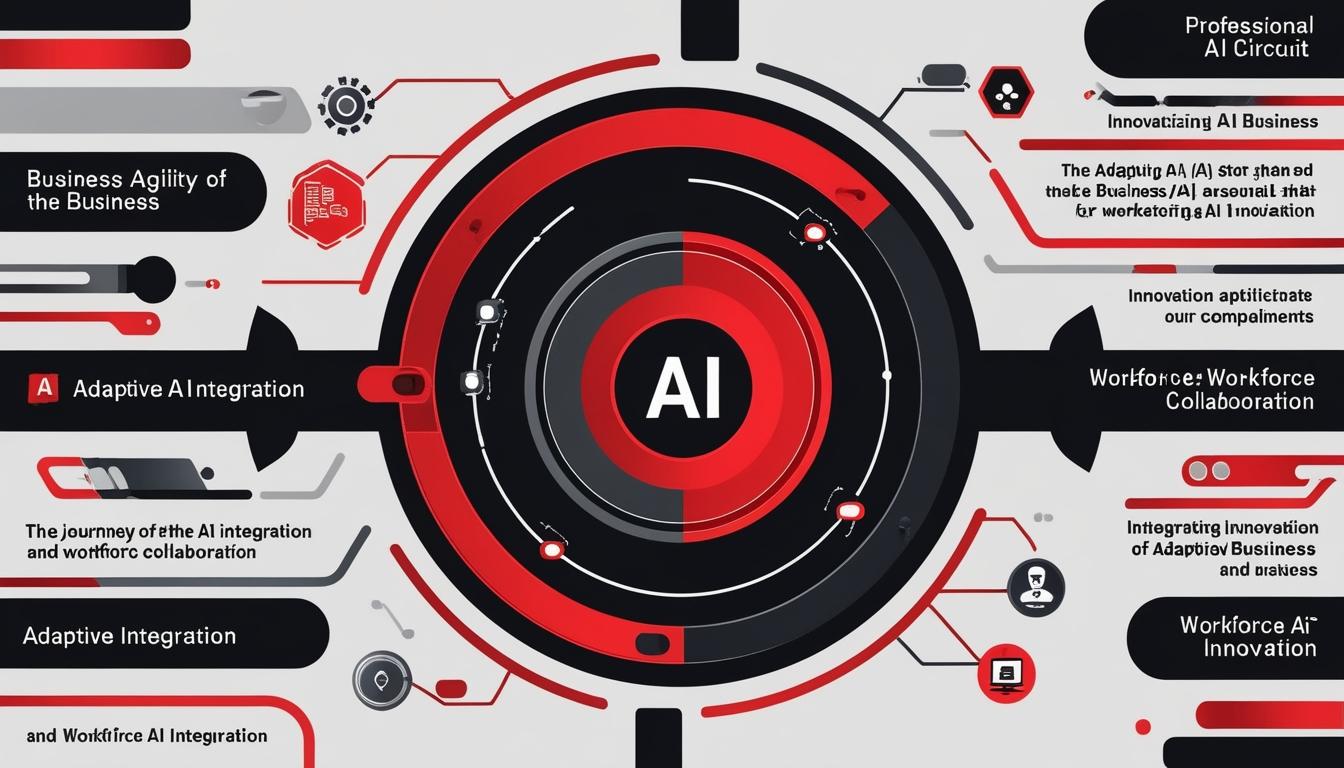As businesses navigate the rapidly evolving landscape of artificial intelligence (AI), many find themselves grappling with how best to integrate these technologies into their operations. An innovation keynote speaker has shared insights from various organisations around the globe, providing a comprehensive perspective on current and future trends in AI automation that businesses should consider.
A common misconception is that developing a robust AI strategy can be planned out over several years. However, according to the speaker, while some organisations remain in the “AI strategy” phase, many are already executing their plans, thus gaining a competitive edge. The speaker emphasises that to lead in AI implementation, businesses should focus on immediate actions rather than awaiting a perfect strategic roadmap. Through extensive experience, including over 127 keynotes and workshops, they have witnessed a shift toward rapid adaptation and innovation.
The speaker shared three key lessons for AI leadership by 2025:
AI as an Ongoing Journey: AI's nature demands businesses to adopt an agile approach due to its rapid evolution. Companies are consistently faced with new machine learning models and automation tools, making previously established solutions obsolete almost overnight. In this context, those that succeed will be organisations that embrace continuous learning and iteration. Rather than striving for a flawless AI solution, businesses are encouraged to experiment with small-scale AI projects, monitor outcomes, and adjust strategies based on lessons learned.
The Importance of People: Successful AI integration is not solely a technological challenge but also a challenge of culture and personnel. Many AI initiatives fail due to a disconnect between technology and business functions; research indicates that 70% of AI projects encounter such difficulties. Human resources leaders are positioned to play a pivotal role in this transformation by reskilling employees and fostering an environment conducive to embracing AI as a collaborative tool. Initiating campaigns to crowdsource ideas from employees and forming cross-functional AI teams are recommended strategies for enhancing organisational alignment.
Cultivating a Culture of Experimentation: For businesses to thrive in the world of AI, a culture that embraces experimentation and continuous learning is essential. The speaker advocates for regular “Failure and Learn” sessions, where teams can discuss not only successes but also failures and what was learned from them. This approach removes the stigma associated with failure, reframing it as an opportunity for growth. Moreover, an investment in ongoing AI training is encouraged so that a significant portion of the workforce remains knowledgeable and proficient.
Emphasising that AI is not just a project but a continuous process of innovation, the speaker highlights the need for organisations to move beyond traditional business philosophies. The organisations that effectively exploit AI capabilities will be those that act with agility, adapt to change, and collaborate across departments.
With the rapidly transforming nature of AI, businesses are presented with both challenges and opportunities. Those equipped to implement agile AI strategies, emphasise workforce reskilling, and foster a milieu of experimentation are likely to gain significant advantages in the increasingly AI-driven market. As the landscape evolves, effective adoption and integration of these technologies will continue to shape organisational practices and outcomes.
Source: Noah Wire Services
